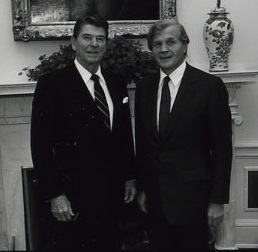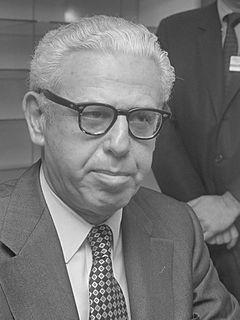A Quote by Chrystia Freeland
Defending human rights should be an important objective of foreign policy, and that, too, will sometimes be hard to reconcile with an economic agenda, especially when it comes to dealing with rich but repressive players like China and Russia.
Related Quotes
It is a great problem for the true international agenda of human rights that the United States, uniquely among industrialised countries, has not ratified three main instruments, has not ratified the Covenant on Economic, Social and Cultural Rights, or the Convention on the Rights of the Child, or the Convention for the Elimination of Discrimination Against Women, and we could have so much richer a debate and dialogue on international human rights standards if the superpower would sign up to the agenda.
Russia and China have maintained that people prize stability over freedom and that as long as the central State creates conditions for economic growth, people will be complacent and will be willing to literally sell away their rights. In fact, this very economic growth will eventually catch up with these regimes.
No, [the U.S.] has made it clear that we consider a peaceful resolution an essential aspect of American foreign policy. This I believe to be a situation understood by China, but again, it is important to not sound too truculent. Taking on a billion-plus Chinese is not an enterprise which one should enter lightly.
For too long the development debate has ignored the fact that poverty tends to be characterized not only by material insufficiency but also by denial of rights. What is needed is a rights-based approach to development. Ensuring essential political, economic and social entitlements and human dignity for all people provides the rationale for policy. These are not a luxury affordable only to the rich and powerful but an indispensable component of national development efforts.
The United States does have the highest rate of incarceration in the world dwarfing the rates of even highly repressive regimes like Russia, China or Iran. This reflects a radical shift in criminal justice policy, a stunning development that virtually no one - not even the best criminologists - predicted forty years ago.
If [Western] relations with Russia are to be friendly, they must be open and sincere, otherwise there can be no friendship at all. That means one should be able to speak openly about everything at meetings and conferences. It shouldn't be that we can't discuss the killing of journalists in Russia, or the suppression of human rights, or all the warning signs surfacing in Russia because of oil and gas or other economic reasons. It's a big problem, but it's the same in Western relations with Arab states.
It seems clear to me that the Obama Administration has no human rights policy. That is, while in some inchoate sense they would like respect for human rights to grow around the world, as all Americans would, they have no actual policy to achieve that goal - and they subordinate it to all their other policy goals.




































